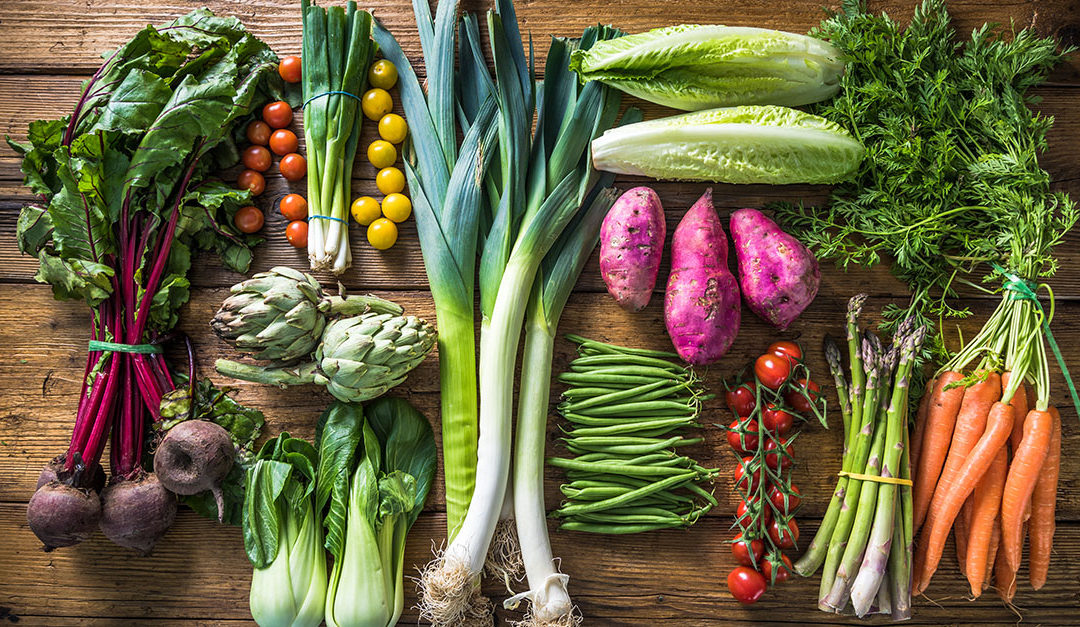It seems like every year, a new food trend, flavor profile or exotic ingredient makes its way into the spotlight. In the 90s, everyone was eating goat cheese. Then came the cupcake craze. The past decade has served up lobster’s turn in mac-and-cheese, avocado toast, Buddha bowls, pumpkin-spiced everything, specialty diets, organic labels, and the farm-to-table movement.
The farm-to-table movement unlike many of the others on the list has been more than just a passing fancy. It has become recognized as an approach to cooking and eating. What does the future hold for the farm-to-table concept?
Now that cooks, chefs, and consumers have discovered (in reality rediscovered) the beauty of eating food that comes directly from a farm and often from a local one, at that, the word on the street is that with all the statistics and monitoring of how GMOs are affecting our health negatively, individuals and families are unlikely to switch back to highly processed eating habits. This increasing interest in farm-to-table processes means that it isn’t just a buzz term limited in audience to the most health-conscious or trend-aware eaters. Everyone is jumping on the farm-to-table bandwagon for all the right reasons.
Desires for more local ingredients are also spreading into the restaurant and catering worlds. In areas with ample farmland available for restaurants and chefs to grow their own ingredients, the farm-to-table process has blossomed and has been utilized in marketing restaurant menus and offerings. Urban centers are using Hydroponics and aeroponics – growing vegetables in water, or air or mist stocked with necessary nutrients, as effective strategies for getting a variety of fruits, grains and vegetables supplied to areas that are not close to farms. Although they require some special equipment to keep plants stable and healthy, they also produce high yields that can meet the demands of popular big city restaurants. Gardening in nontraditional areas, like rooftops and small, empty areas of a restaurant’s lot, have also proven to be a successful use of underused real estate.
Chef Wes and our teamwork with five local Kentucky farms to support the farm to table movement in Lousiville: Freedom Run Farms, Ashbourne Farms, Full Heart Farms, Grateful Greens, Dreamcatcher Farms. We believe the best meals start with the finest ingredients. We maintain close relationships with our providers to ensure a steady supply of fresh, seasonal, local produce and meats, choosing organic whenever possible. This regional approach to procurement allows us to provide our clients with the best possible products while also supporting businesses that place the same value on quality and environmental stewardship that we do. Learn more about the history of the farm-to-table movement here. And be sure to ask your favorite restaurant where they source their ingredients from so you too can be part of the continued way forward to sustainable eating.
For more information on how we can incorporate more farm to table cuisine into your week, contact us and ask about our weekly chef-prepared meal delivery!

